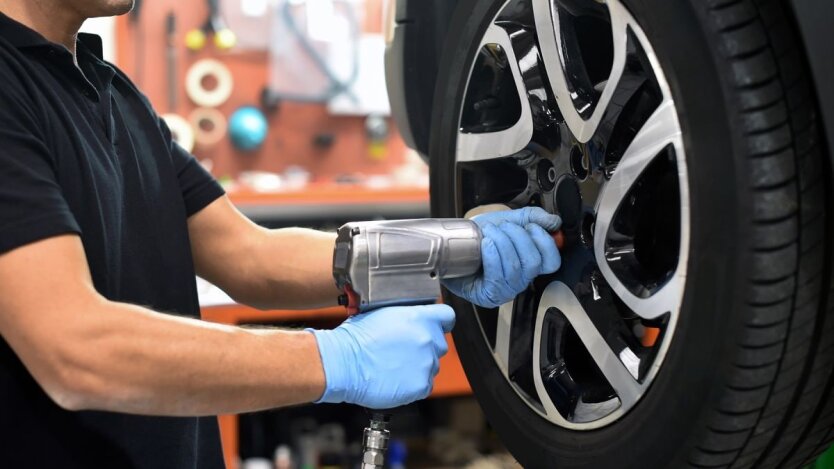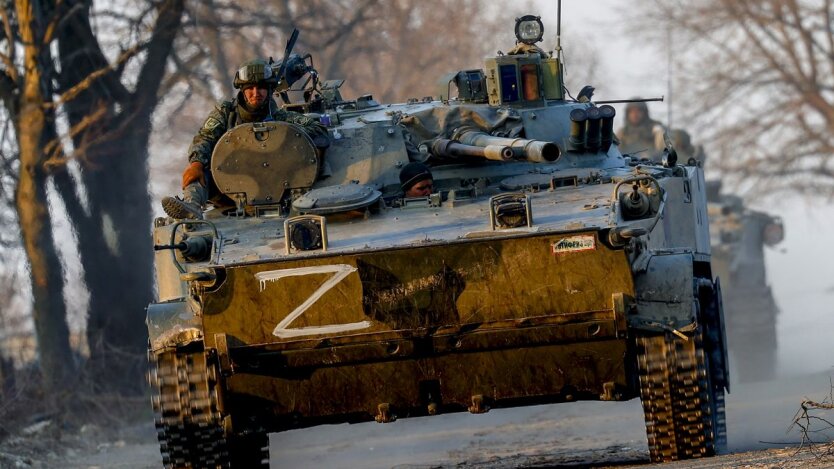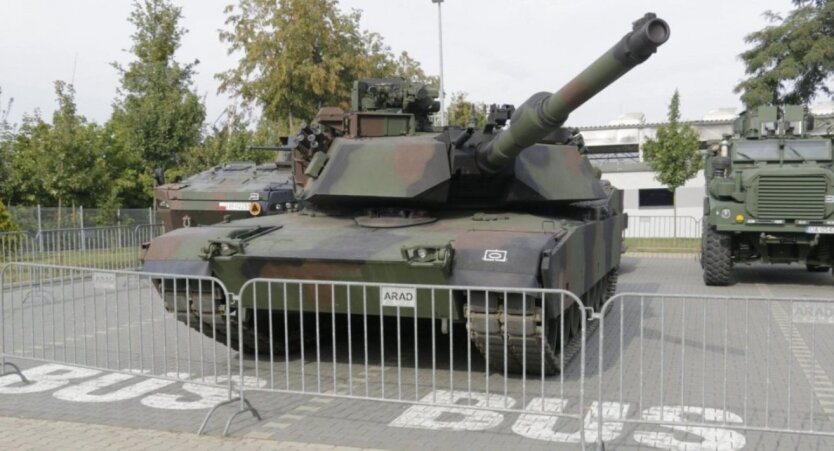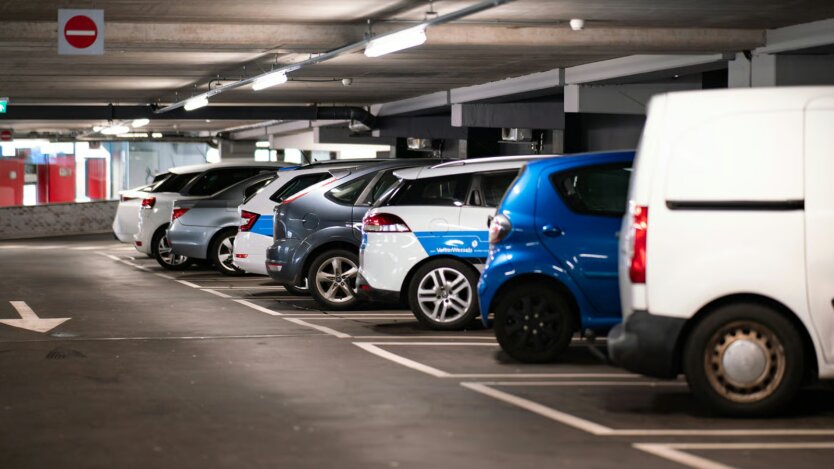Drivers named the optimal temperature for safe winter tire change.


Switching to summer tires: an important aspect of road safety
Drivers should closely monitor the weather conditions, as timely tire replacement affects vehicle handling and tire wear.
Winter and summer tires have significant differences in composition and characteristics. Winter tires are made of less durable rubber that remains elastic in cold weather but wears quickly at high temperatures.
On the contrary, summer rubber is stiffer, more durable in heat, and provides better road grip. Summer tires are effective at temperatures above +8°C, while winter tires remain suitable up to +10°C. The optimal Time for replacement is when the temperature stays around 6-7°C. Experts recommend not to rush into changing tires in March due to the possible cold snap.
According to the legislation, summer tires can be used from March 31 to December 1, and studded tires are prohibited from April 16 to September 30 unless there are winter conditions.
Tread depth - a safety indicator
The minimum acceptable tread depth for summer tires is 1.6 mm, but to maintain optimal grip, 3 mm is recommended. Experts also advise installing tires with larger tread on the rear axle of the vehicle for improved stability.
Disadvantages of using winter tires in summer
Winter tires worsen handling, increase stopping distance, and accelerate tire wear. They also raise fuel consumption and negatively impact the environment due to increased friction with the road.
It has also been reported that Ukraine will recycle tires from military equipment.
Read also
- The Economist named Putin's next target
- Starmer commented on Putin's tactics and the deployment of troops to Ukraine
- The largest ally of the USA in Europe has been left without funding
- Mobilization of Educators in Summer: Which Teachers Will Have to Appear at the TCC
- Putin in conversation with Trump named a date for continuing dialogue with Ukraine
- No parking spaces, fines are record high: Popenko talked about how drivers are suffocated without alternatives










